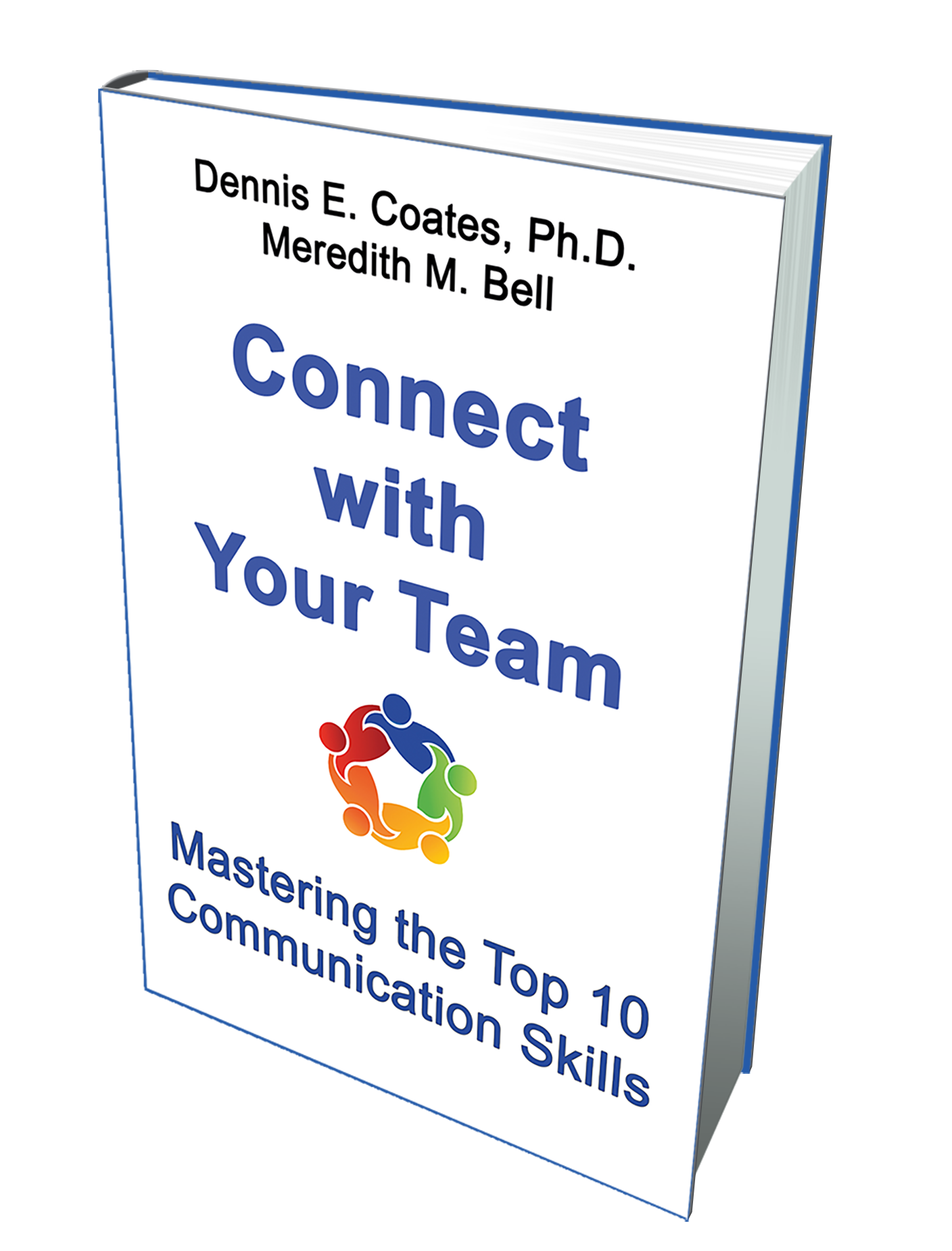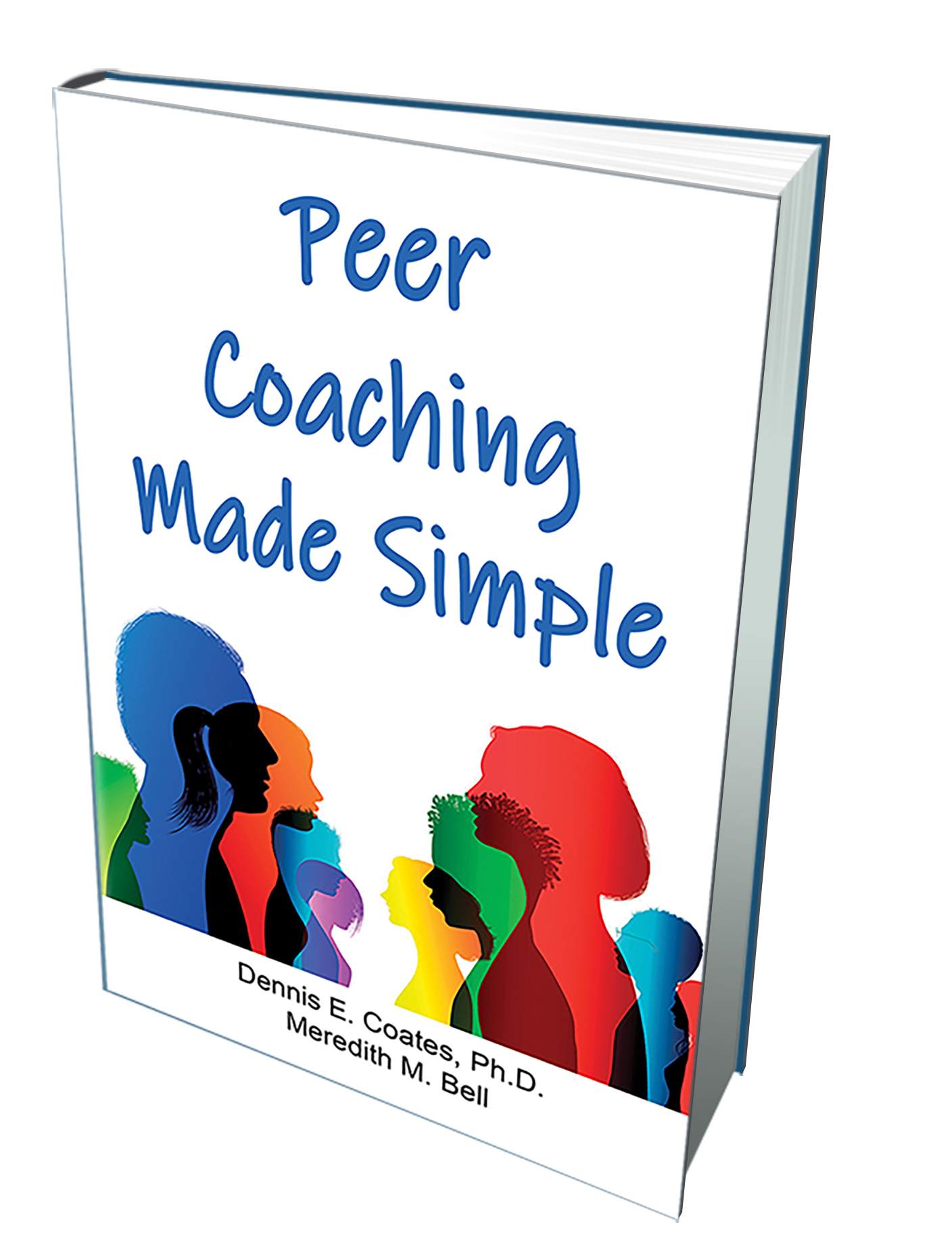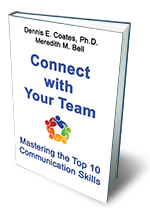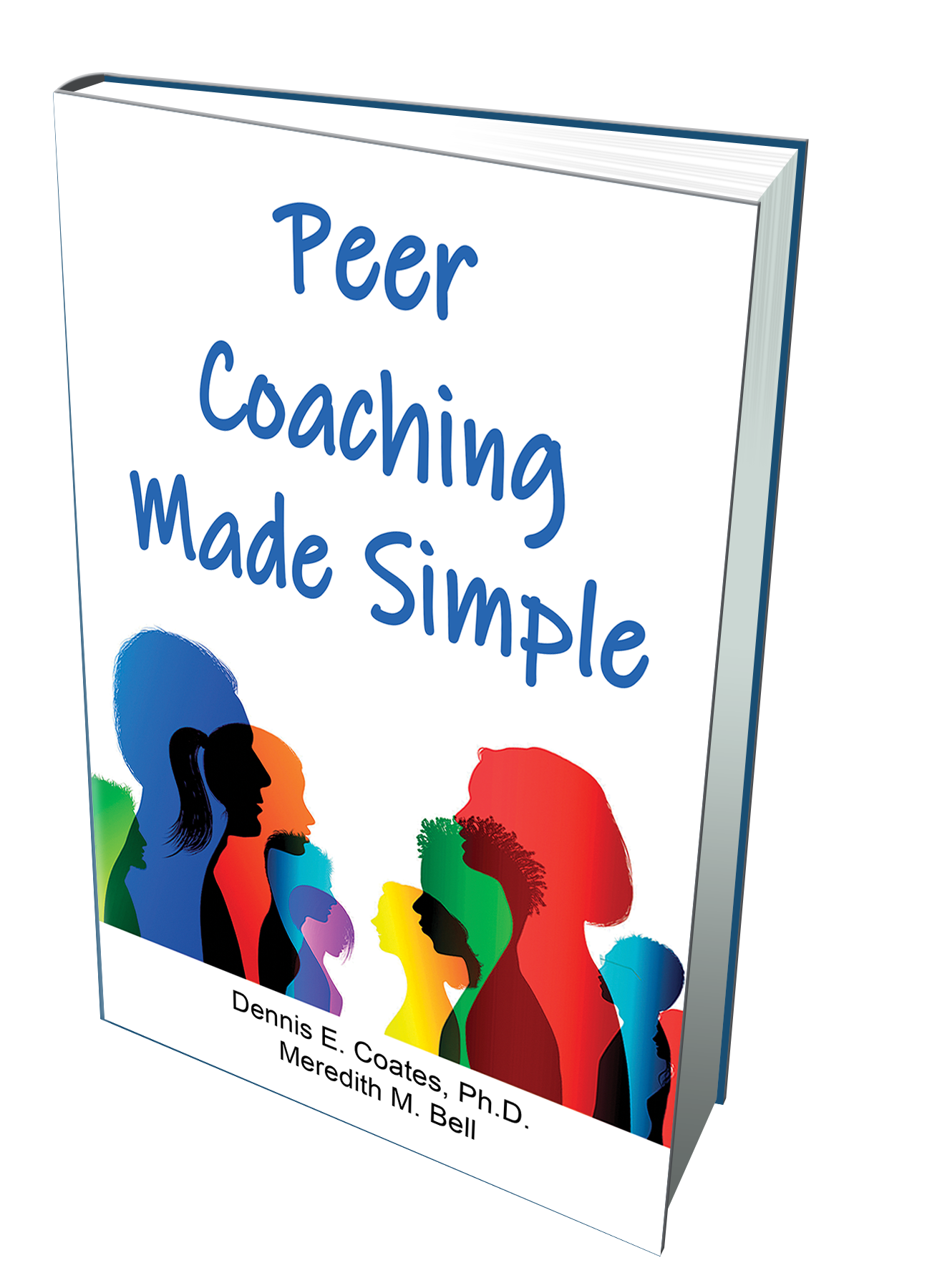
321: Braving the Workplace and the Role of Belonging
321: Braving the Workplace and the Role of Belonging
In this powerful episode, Dr. Beth Kaplan returns to discuss her groundbreaking book, Braving the Workplace: Belonging at the Breaking Point. She opens with her personal journey through workplace trauma. Beth reveals the critical distinction between inclusion and belonging—explaining that while others determine inclusion, belonging is an internal decision that requires staying true to yourself without compromising your values.
You’ll be moved by Beth’s compelling message about the dangers of self-sacrifice in toxic work environments and the crucial role managers play in fostering genuine belonging. She offers practical strategies for recognizing workplace trauma, setting healthy boundaries, and prioritizing self-care before company loyalty. Whether you’re struggling in a challenging workplace or leading a team and want to create a culture of authentic belonging, this episode offers specific strategies you can start using today.
Beth is a visionary thought leader, researcher, and keynote speaker who has redefined how we look at belonging and how to be our best selves. She works with companies to enhance employee engagement and retention while significantly lowering turnover costs. Beth is currently pioneering a groundbreaking belonging tool with the University of Pennsylvania, designed to measure belonging and predict the propensity to thrive.
You’ll discover:
- Why belonging is an internal decision rather than something granted by others
- The warning signs of workplace trauma
- How managers can become the number one factor in creating environments where people truly belong through empathy and “stay interviews”
- Practical strategies for setting boundaries and prioritizing your wellbeing without sacrificing your authentic self for a job
- The dangerous impact of using “family” language in workplace settings
Watch the episode:
Dr. Beth Kaplan’s Resources
Website
Book
Related Podcast Episodes
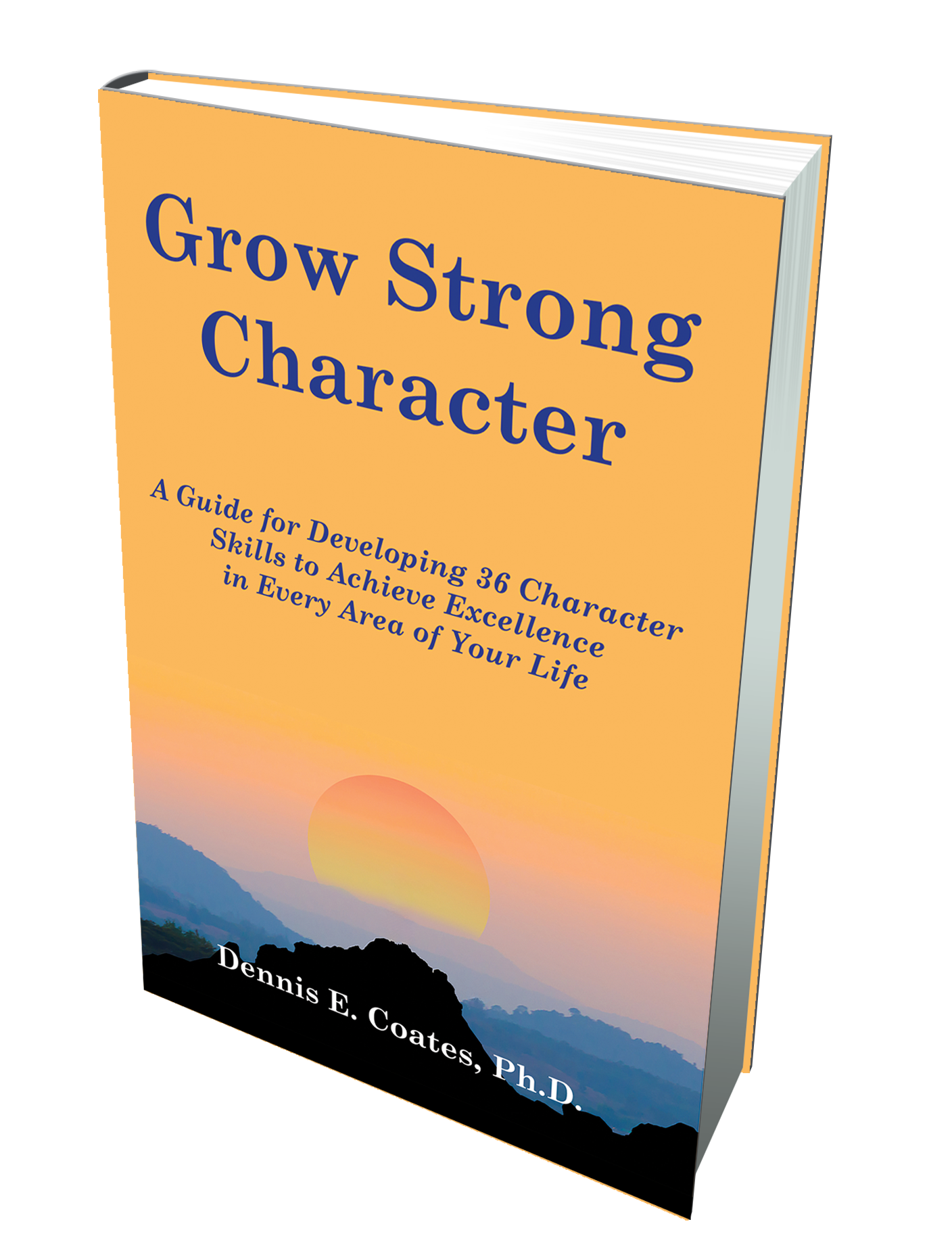
Grow Strong Character
Dennis E. Coates, Ph.D.
Connect with Your Team
and Meredith M. Bell
Peer Coaching Made Simple
Dennis E. Coates, Ph.D.,
and Meredith M. Bell







